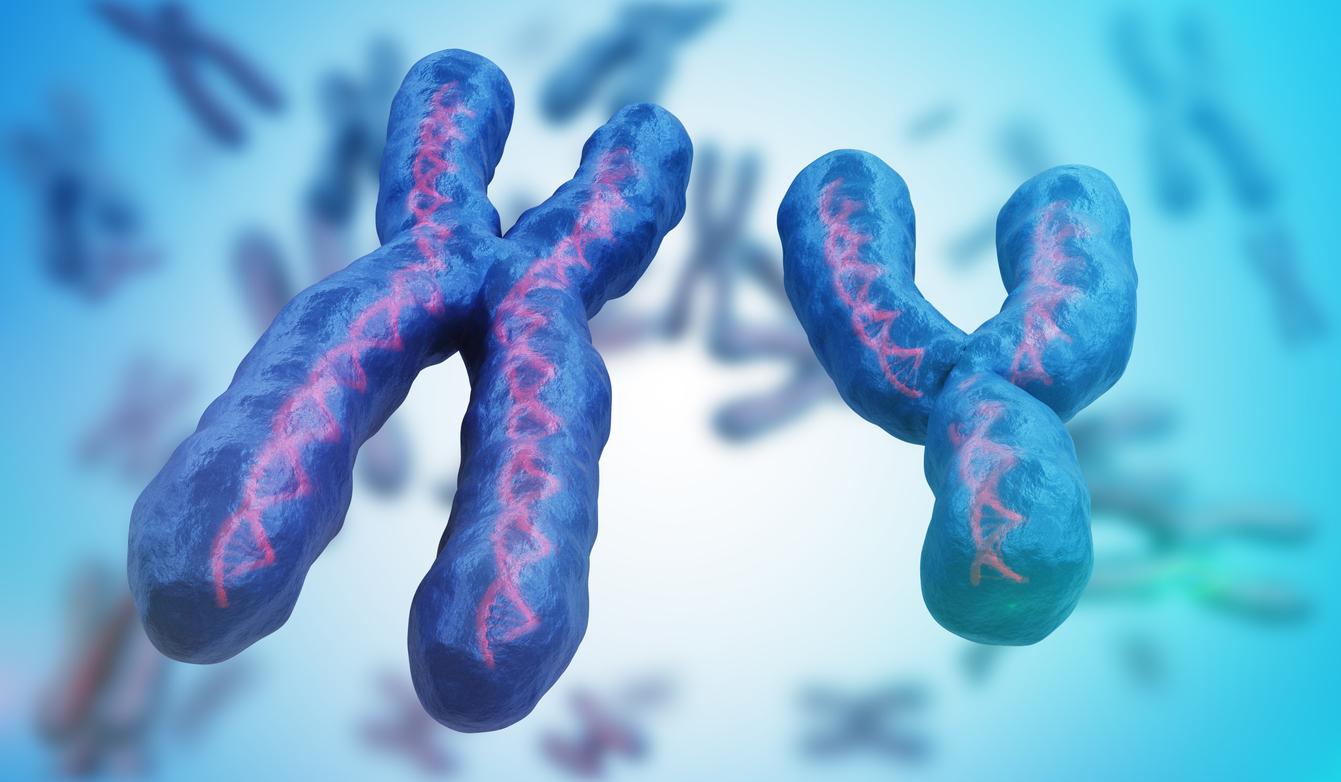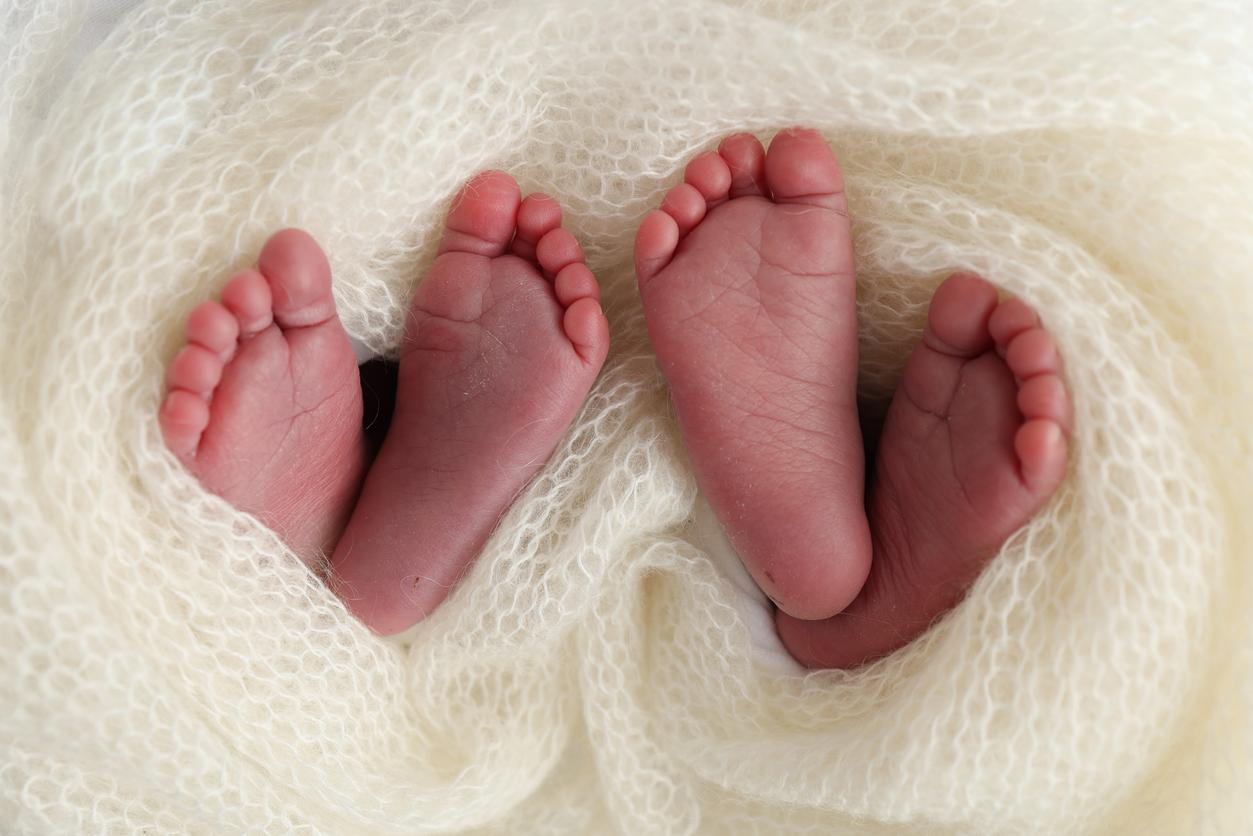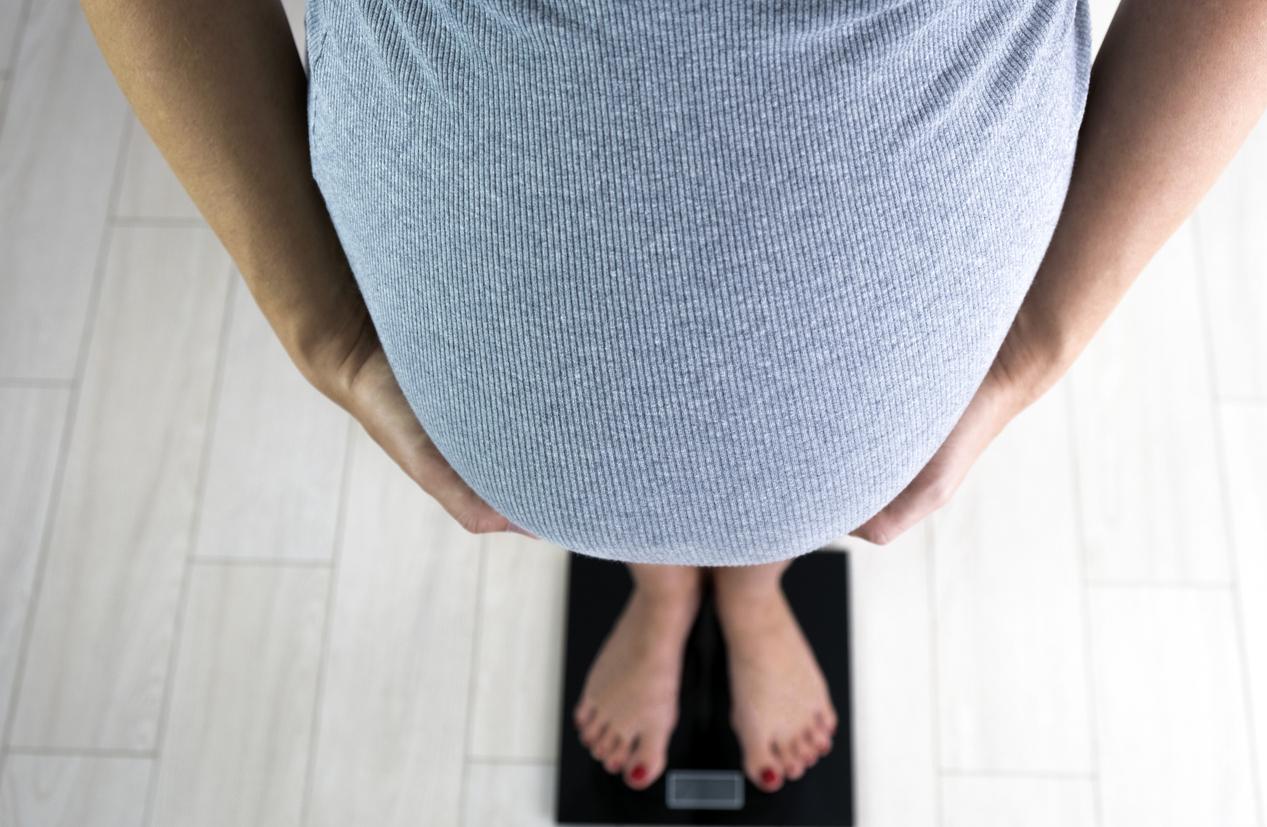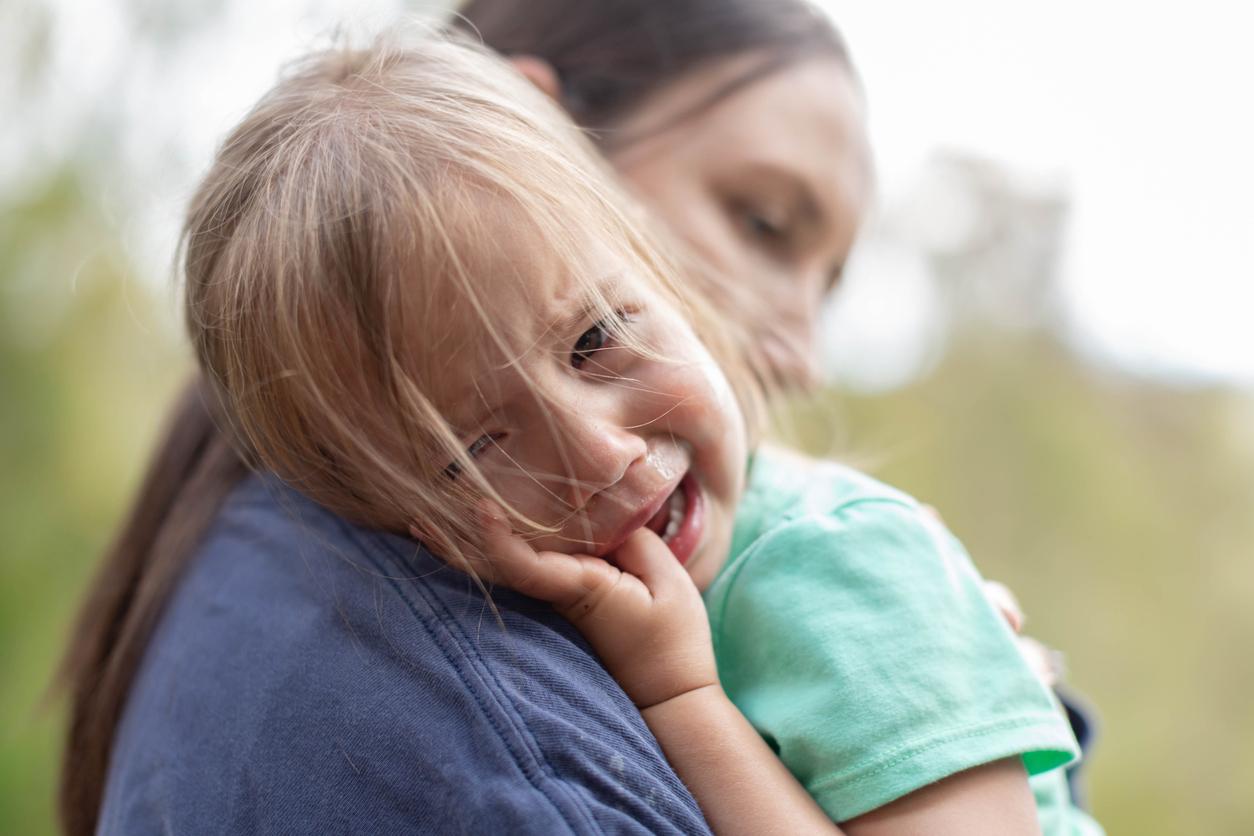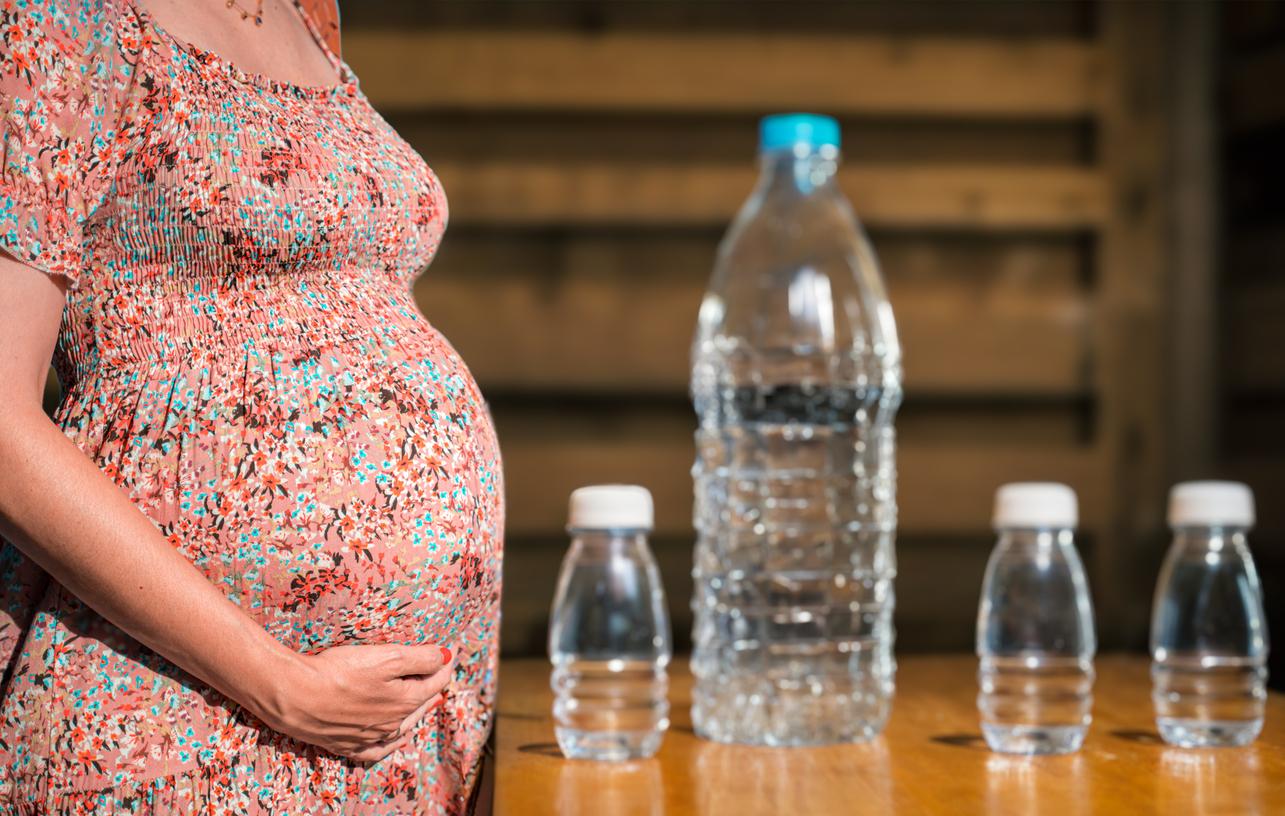A large study highlights the difficulty of identifying the risk factors associated with autism. Cesarean is not one of them.
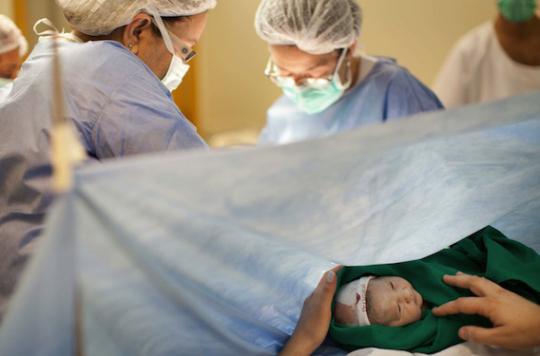
Giving birth by cesarean section does not increase the risk of autism in children, reveals Irish study published this Wednesday in JAMA Psychiatry. This work by the University of Cork (Ireland) confirms the results of a study published last October conducted by the same team, but refutes the association between cesarean section and autism spectrum disorders.
To refute the initial hypothesis, the researchers relied on the analysis of nearly 13,500 pairs of twins, one of which suffered from autism, and more than 2,500 pairs of which only one of the babies was born by cesarean section. . Each child therefore shares the same genetic factors and the same environment before and throughout their childhood.
A multi-factorial pathology
This analysis shows that children born by caesarean section are approximately 20% more likely to have autism than children born vaginally. On the other hand, the cause and effect link between cesarean section and autism does not hold. The etiology of autism is much more complex “and is believed to be due to an unknown genetic factor or environmental causes”, the authors conclude.
These conclusions thus join a large number of studies reflecting the difficulty of identifying risk factors. While it seems obvious that a genetic predisposition exists, the disease is multifactorial. The environment and genes interact and increase the risk of developing autism spectrum disorders.
.










